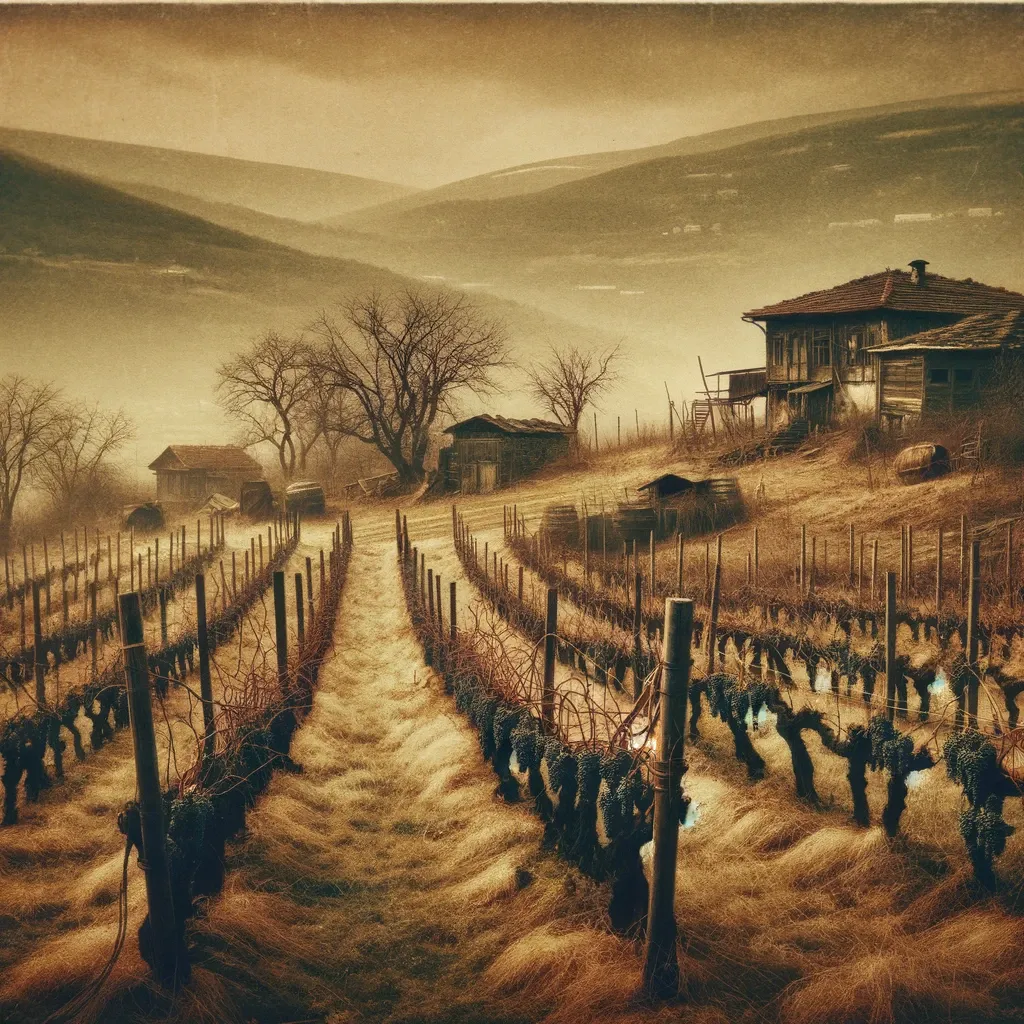Bulgaria, Romania, and the new wave of wine

Like other food and drink brands from the 1980s, such as "Ice Magic," "Cabana" chocolate bars, and "Hofmeister" lager, I believed that the once-dominant Bulgarian Cabernet Sauvignon of the Sainsbury's supermarket chain was destined for a quiet demise at some point over the last 10 years. It used to be the best-selling wine in the UK, but I thought it was now nothing more than a piece of nostalgia.
The decline of the wine industry in both Bulgaria and its Soviet-era classmate Romania was as sad as it was fascinating, and looking back, it became clear that it was inevitable. By the mid-1990s, Bulgarians were selling over 50 million bottles of wine a year in the UK, while Romanians, with their budget Pinot Noir, were not far behind. But by the time I made my first trip to Bulgaria in the early 2000s as a wine journalist, both countries were selling less than a tenth of that amount. The reasons were evident during that trip. During the day, I was shown neglected vineyards and abandoned, grim processing facilities (it was hard to call those grimly practical buildings "wineries"). In the evening, two sad Bulgarian wine exporters described the difficulties faced by winemakers before and after the end of communism: corruption, chaotic redistribution of vineyards to new private owners lacking winemaking experience, a lack of properly trained local winemakers, and general poverty. The atmosphere was bleak; I had never encountered a more disheartening wine trip. But even then, the first attempts at recovery were beginning, thanks to enterprising winemakers who realized that parts of Bulgaria and Romania had the climate and soil to produce quality wine significantly cheaper than anywhere else in Europe. They also understood that both countries would soon join the EU and decided to seize this opportunity by starting the complex process of purchasing vineyards.
13 May 2025
13 May 2025




Over the past decade, numerous enterprising new projects have emerged—specifically the type of small-scale producers that would have been unthinkable during the Soviet era. I think of returnees like the Romanian royal baroness Ileana Kripp-Kostenska, who, along with her German-born husband Baron Jakob Kripp (a couple from the film "The Grand Budapest Hotel"), revived the 300-year-old family estate "Prince Stirbey" in the Transylvanian Alps. There are also crazy small producers like Ogi Tsvetanov and Adrianna Serebrinova, who transformed a former state winery into a small, attractive place called Borovitsa, or Petar Georgiev, trained in New Zealand and Austria, a talented winemaker at the creative new Bulgarian company "Ros-Idi." Not everything these producers or their colleagues do is outstanding—far from it. And except for Cramele Recas (and its affiliated British producer Halewood Romania), I don't expect any of them to reach the sales levels of the 1980s. However, retailers are much more willing to include wines from this part of the world in their lists than they were in recent years, and that alone is already a step forward from the dark days of the 1990s and 2000s. The more new Bulgarian and Romanian producers are sampled, the more confident I am that these countries will play an important role in the future. Perhaps this is our future. If you want to reminisce about the past, for £4.75 Sainsbury's, albeit somewhat reluctantly, will sell you a bottle of average Bulgarian Cabernet in 488 of its stores.
Comment
Popular Posts
Popular Offers

Subscribe to the newsletter from Hatamatata.com!
Subscribe to the newsletter from Hatamatata.com!
I agree to the processing of personal data and confidentiality rules of Hatamatata










